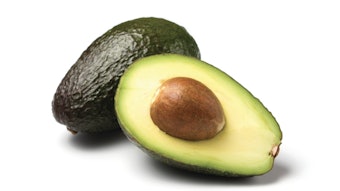An experimental drug designed to block a specific cell-signaling pathway has been shown in a small trial to shrink tumors in patients with advanced basal cell carcinoma, researchers said on Monday.
Basal cell carcinoma, a type of non-melanoma skin cancer, is the most common form of cancer, with about a million new cases estimated in the United States each year. Most cases are easy to treat when detected early, but in rare instances the cancer is resistant to treatment, causing damage to skin and sometimes invading bone and cartilage.
This first trial in humans of the once-daily oral compound, known as GDC-0449, showed that out of nine treated patients, two had shrinkage of their tumors as shown by a CAT scan, four had shrinkage or improvement of their tumors by clinical exam, two had prolonged periods without tumor growth, and one had significant tumor growth.
"We currently do not have any treatments that can effectively slow tumor growth in these advanced patients. This finding has enormous implications in this population," said Dr. Daniel Von Hoff, trial investigator and chief medical officer for the Scottsdale Clinical Research Institute in Arizona.
Genentech Inc. and Curis Inc. are developing GDC-0449, which is designed to block the Hedgehog pathway. The Hedgehog ligands are a family of proteins that are important in tissue growth and repair. Abnormal activation of the Hedgehog signaling pathway because of mutations in two cell surface receptors is the cause of most basal cell carcinomas.
"The drug has been extremely well tolerated," Von Hoff told a meeting of the American Association for Cancer Research. "Some patients lose a sense of taste, and there has been a small amount of hair loss and weight loss, but the toxicity has been mild."
Curis said in a statement that Genentech expects to initiate a Phase II clinical trial in advanced basal cell carcinoma during the second half of 2008.
Reuters, April 14, 2008










